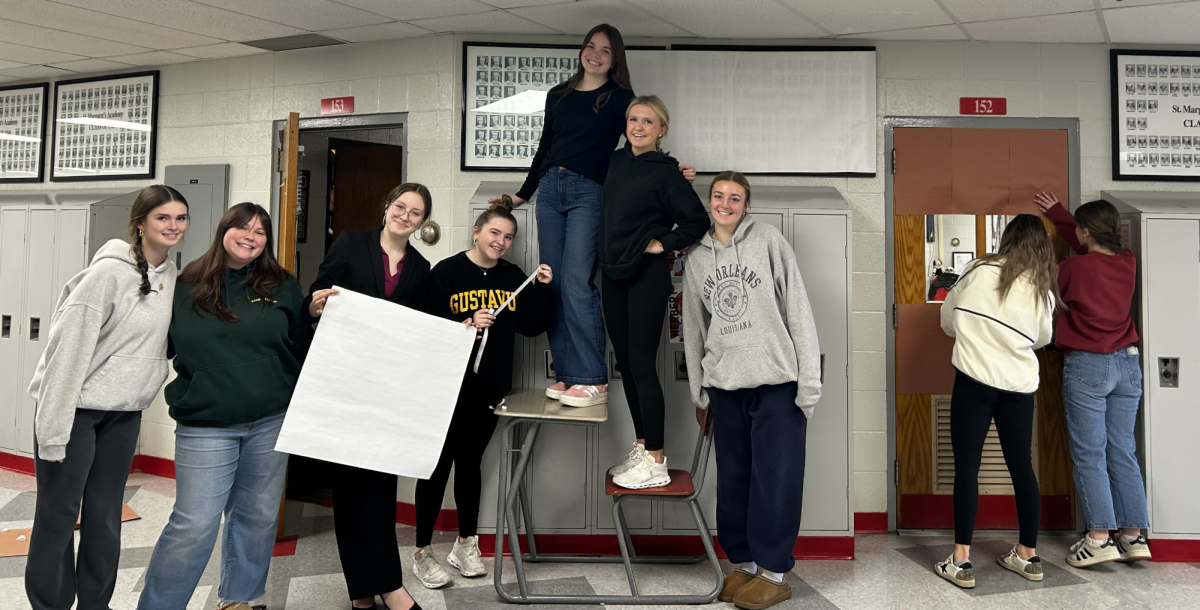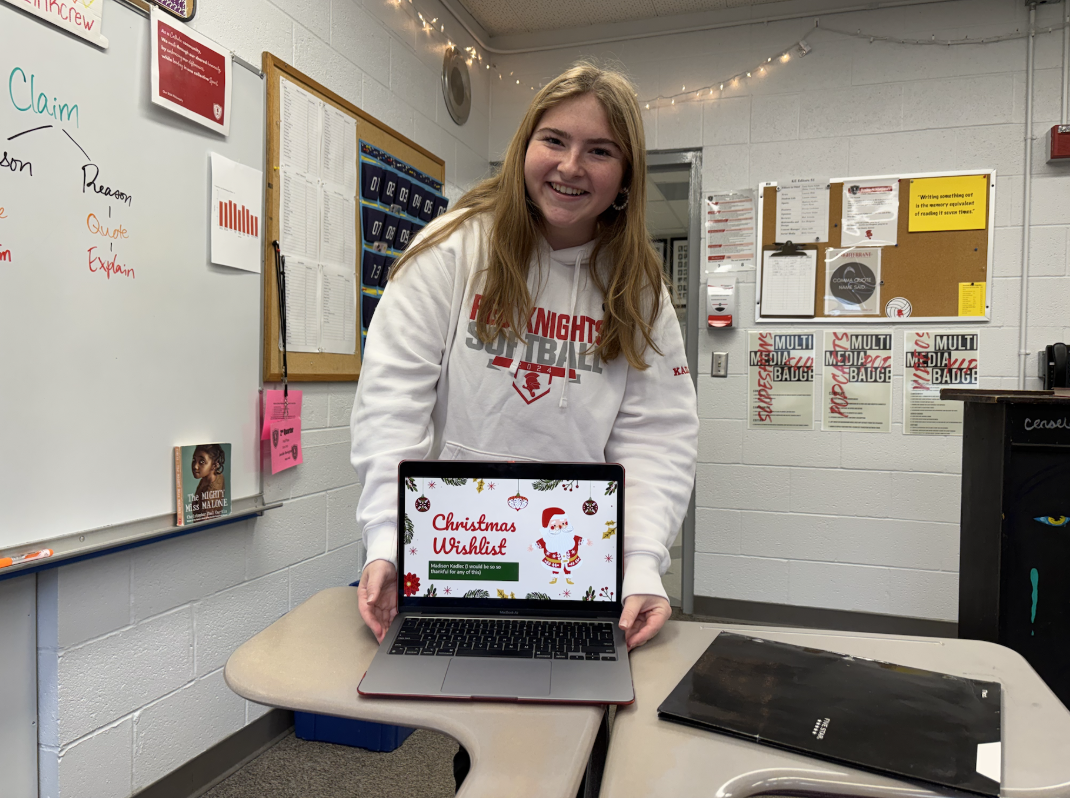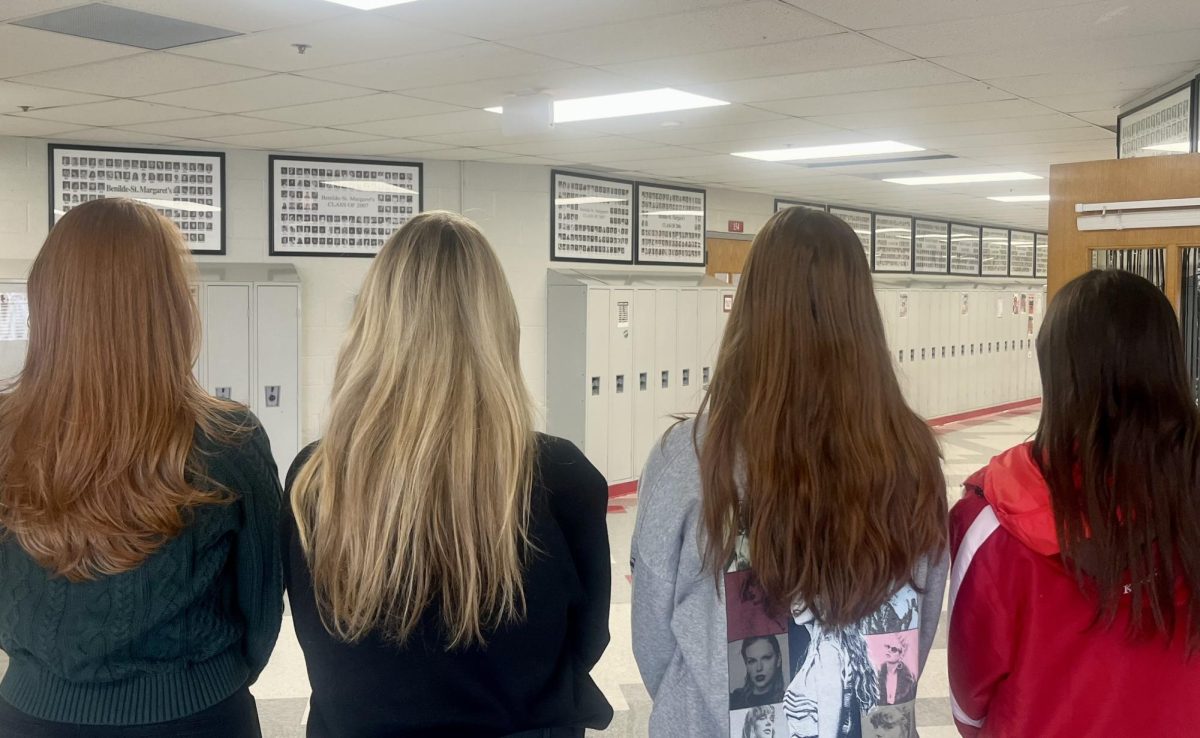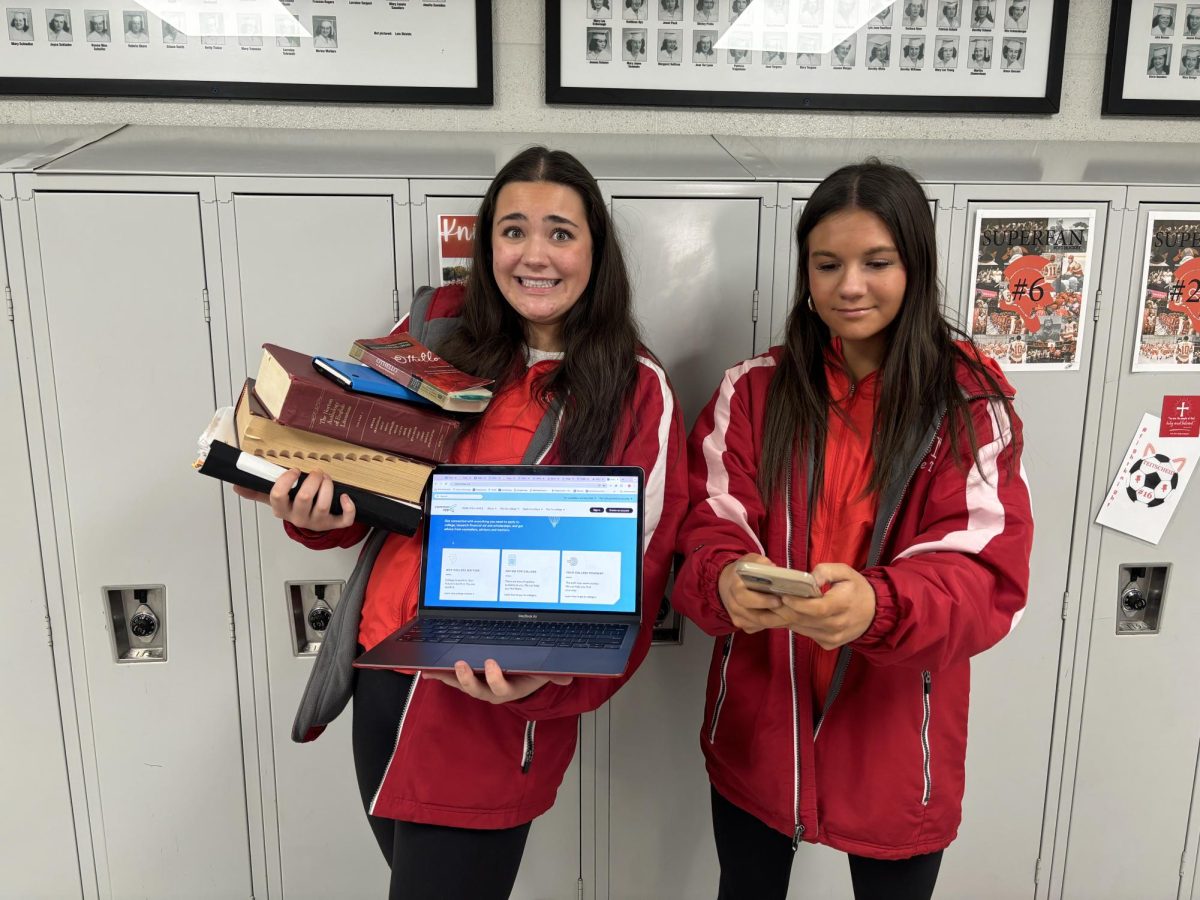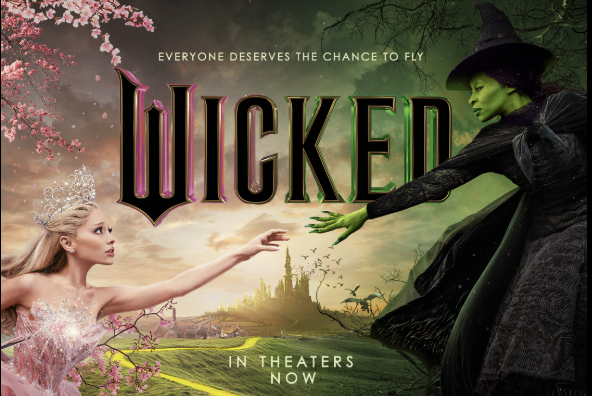In today’s world, the preparation for living and working in a multicultural society is a necessary skill for high school students to obtain. One of the pioneers for the idea of multicultural education is Ms. Sue Cipolle, who works to incorporate recognition of individual value, development of equal relationships, and social truth into BSM.
Along with working at BSM, Ms. Cipolle teaches a course at the University of St. Thomas that advocates for multicultural education in the classroom. “It is a graduate course that is part of the Murray Institute for Catholic school teachers,” said Cipolle, “Twenty-five teachers from local Catholic high schools and elementary schools open up conversation about diversity, power, privilege, the Church’s mission, and the Catholic Social teaching in multicultural education.”
The importance of discussing diversity at BSM exists, however not many people take the time to realize it, so Ms. Cipolle works to bring this matter to the forefront of the curriculum. “When you live in the suburbs with predominantly white, middle-class people, experience with somebody different then yourself is limited,” said Cipolle, “so service learning gives opportunity for that experience; it becomes more personal and breaks down stereotypes.”
The struggle to talk about what separates us from one another lies in the differences that have come between people for centuries. “Often, when you are in a smaller group, people ask you to speak for the whole group of your race or ethnicity. First, that is unfair to this person, because everybody’s experience is different. Also, even when you group people together, there is still diversity within that group,” said Cipolle, “we want to inspire people to take a look at someone else’s perspective and see how their world looks different.”
Though differences are commonly respected at BSM, there are reasons as to why some of these differences are not necessarily celebrated in the school. “Sometimes we don’t talk about racism, sexism, homophobia, or disabilities, because these issues can be hard to tackle as they are seen as political,” said Ms. Cipolle.
It is Ms. Cipolle’s belief that BSM should simply include multicultural information within its current curriculum, “Señora Laporta-Orange does it right,” said Cipolle, “when it comes down to it, what are you going to remember from high school? The facts and figures will fade, but Señora Laporta-Orange isn’t afraid to tie cultural pieces into her curriculum; she knows what’s really important.”








